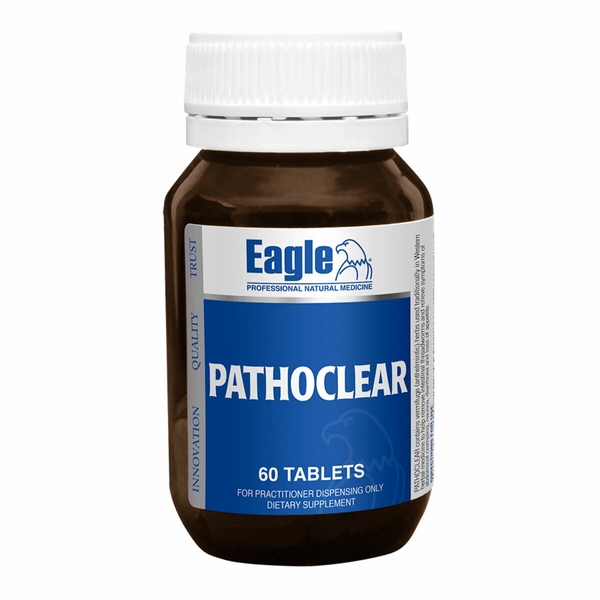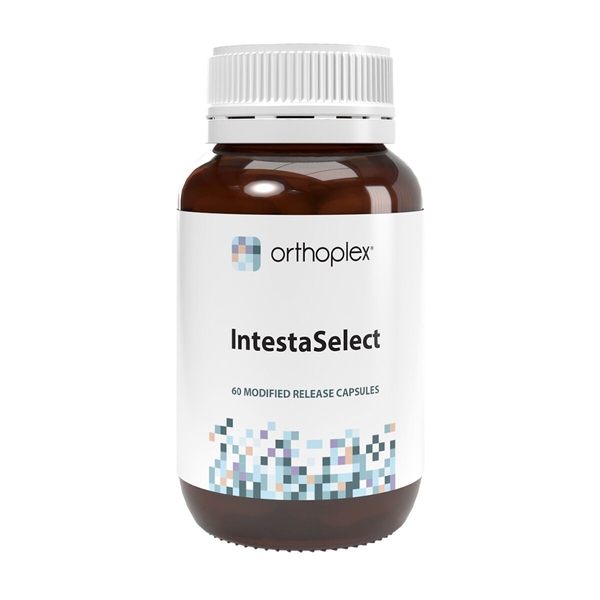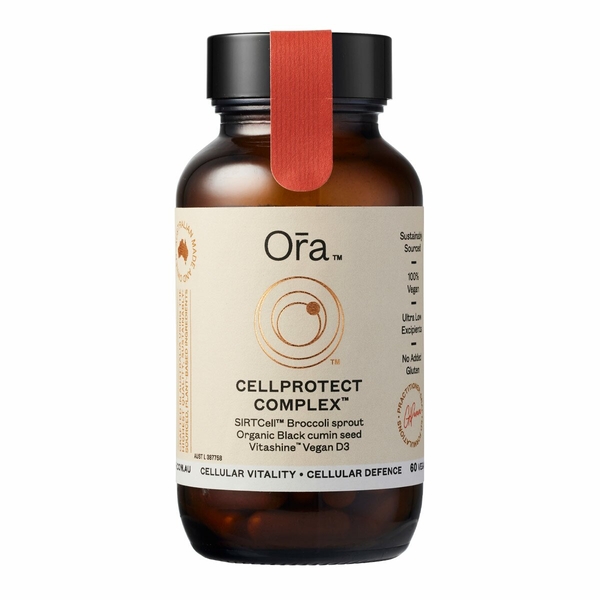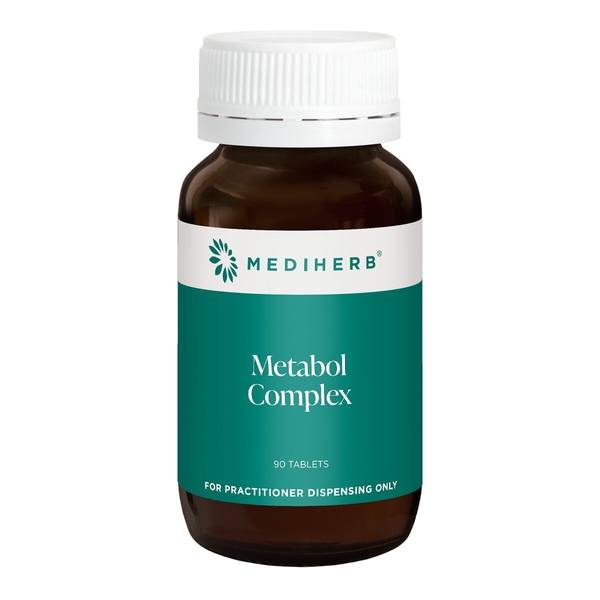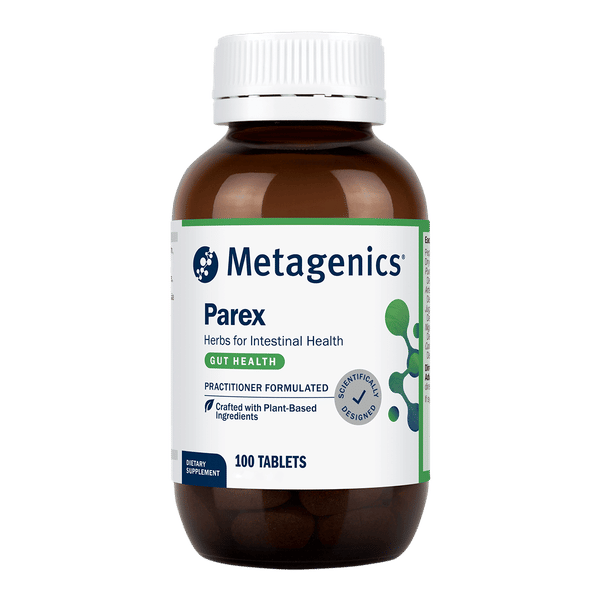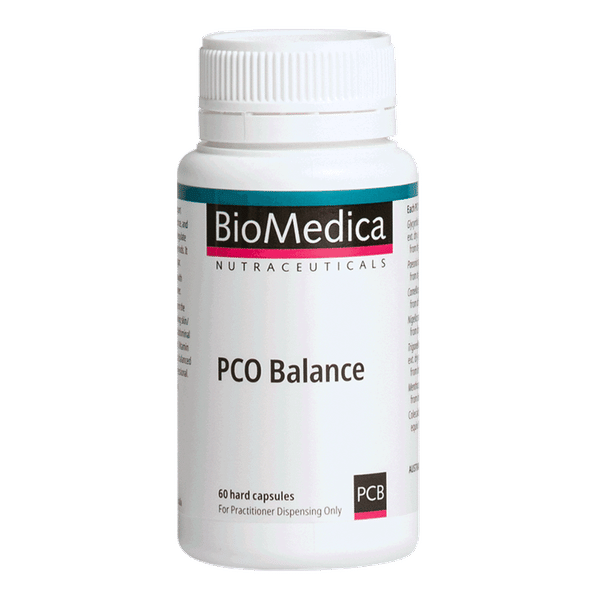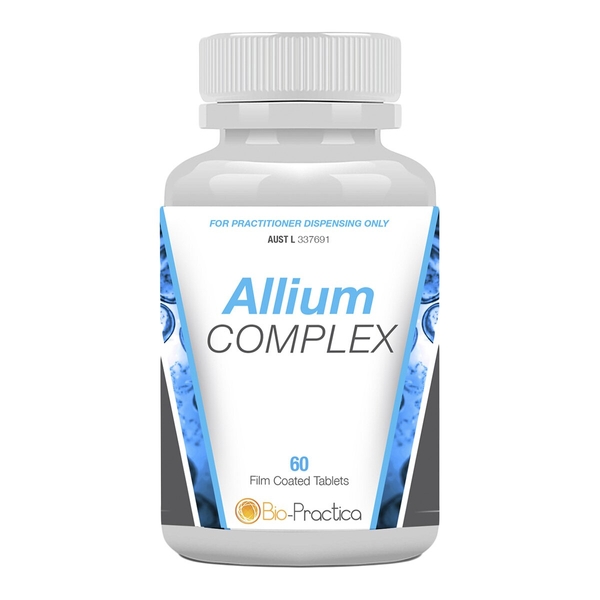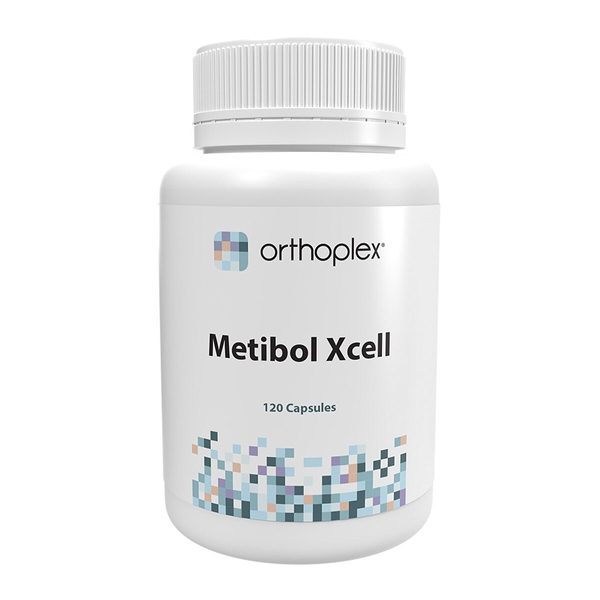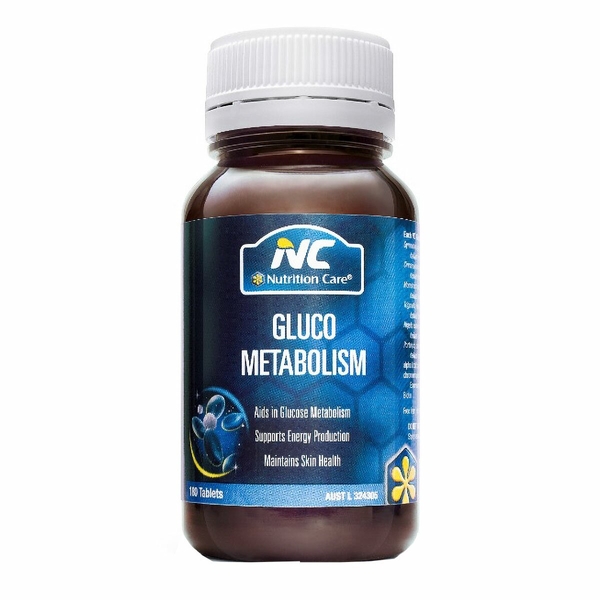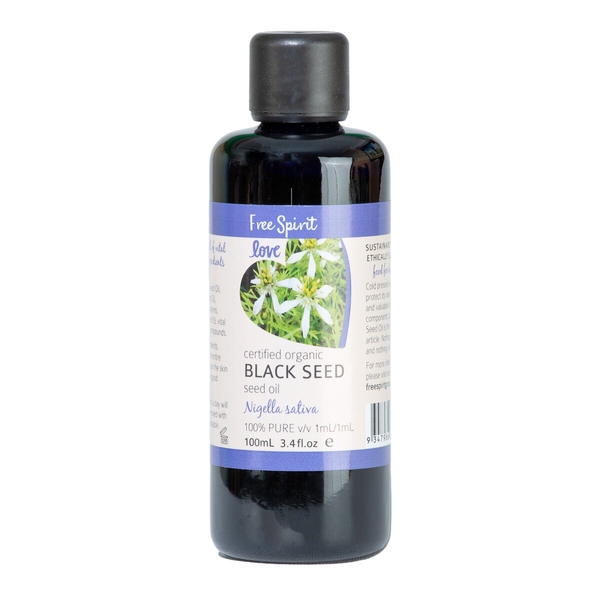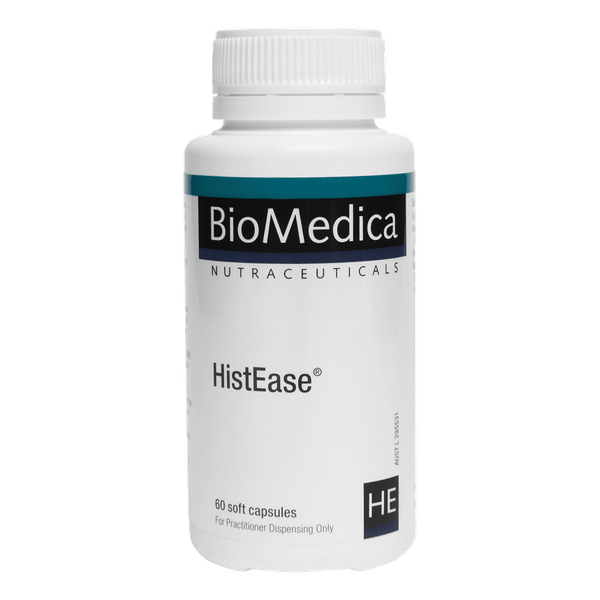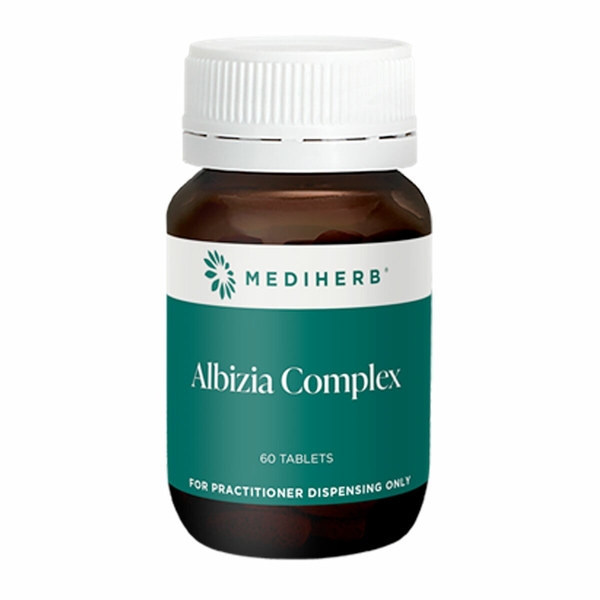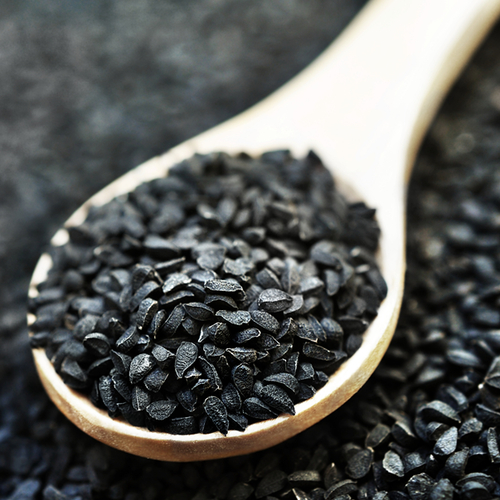
Background
Black seed might have effects in the body that help boost the immune system, fight cancer, prevent pregnancy, reduce swelling, and lessen allergic reactions by acting as an antihistamine.
People commonly use black seed for asthma, hay fever, diabetes, high blood pressure, eczema, weight loss, menstrual cramps, and many other conditions, but there is no good scientific evidence to support many of these uses. There is also no good evidence to support using black seed for COVID-19.
Safety Safety definitions
When applied to the skin: Black seed oil or gel is possibly safe when used short-term. It can cause allergic rashes in some people.
Special Precautions & Warnings:
Pregnancy: Black seed is commonly consumed in foods. But taking amounts greater than those found in foods while pregnant is likely unsafe. Black seed can slow down or stop the uterus from contracting.Breast-feeding: There isn't enough reliable information to know if black seed is safe to use when breast-feeding. Stay on the safe side and avoid use.
Children: Black seed oil is possibly safe for children when taken by mouth short-term and in recommended amounts by weight.
Bleeding disorders: Black seed might slow blood clotting and increase the risk of bleeding. Black seed might make bleeding disorders worse.
Surgery: Black seed might slow blood clotting, reduce blood sugar, and increase sleepiness in some people. This can interfere with drugs used during and after surgical procedures and cause severe side effects. Stop using black seed at least two weeks before a scheduled surgery.
Effectiveness
- Acne. Applying a gel containing black seed extract to the skin might help to improve acne.
- Hay fever. Taking black seed oil by mouth daily might improve allergy symptoms in people with hay fever.
- Asthma. Taking black seed by mouth along with asthma medicines can improve coughing, wheezing, and lung function in some people with asthma. But it seems to work only in people with very low lung function before treatment.
- A lung disease that makes it harder to breathe (chronic obstructive pulmonary disease or COPD). Taking black seed oil by mouth helps to improve lung function in people with COPD who are also using prescribed inhalers.
- Diabetes. Taking black seed powder or black seed oil by mouth daily seems to improve blood sugar levels in people with diabetes.
- A digestive tract infection that can lead to ulcers (Helicobacter pylori or H. pylori). Taking black seed powder along with standard therapies might help to get rid of this infection.
- High blood pressure. Taking black seed powder or black seed oil by mouth might reduce blood pressure by a small amount in healthy adults. But it's not clear if it helps people with high blood pressure.
- High levels of cholesterol or other fats (lipids) in the blood (hyperlipidemia). Taking black seed supplements by mouth can slightly lower total cholesterol, low-density lipoprotein (LDL or "bad") cholesterol, and triglycerides, and increase high-density lipoprotein (HDL or "good") cholesterol in people with or without hyperlipidemia.
- Breast pain (mastalgia). Applying a gel containing black seed oil to the breasts during the menstrual cycle seems to reduce pain.
Dosing & administration
Interactions with pharmaceuticals
Amlodipine (Norvasc)
Interaction Rating=Moderate Be cautious with this combination.
Amlodipine lowers blood pressure. Black seed also lowers blood pressure. Taking black seed with amlodipine might lower blood pressure too much. People taking black seed along with amlodipine should monitor their blood pressure.
Clopidogrel (Plavix)
Interaction Rating=Moderate Be cautious with this combination.
Clopidogrel can slow blood clotting. Black seed might also slow blood clotting. Taking black seed along with clopidogrel might increase the chances of bruising and bleeding.
Cyclosporine (Neoral, Sandimmune)
Interaction Rating=Moderate Be cautious with this combination.
Black seed might decrease levels of cyclosporine in the blood. This might reduce how well cyclosporine is able to work.
Medications changed by the liver (Cytochrome P450 2C9 (CYP2C9) substrates)
Interaction Rating=Moderate Be cautious with this combination.
Some medications are changed and broken down by the liver. Black seed might change how quickly the liver breaks down these medications. This could change the effects and side effects of these medications.
Medications for diabetes (Antidiabetes drugs)
Interaction Rating=Moderate Be cautious with this combination.
Black seed might lower blood sugar levels. Taking black seed along with diabetes medications might cause blood sugar to drop too low. Monitor your blood sugar closely.
Medications for high blood pressure (Antihypertensive drugs)
Interaction Rating=Moderate Be cautious with this combination.
Black seed might lower blood pressure. Taking black seed along with medications that lower blood pressure might cause blood pressure to go too low. Monitor your blood pressure closely.
Medications that decrease the immune system (Immunosuppressants)
Interaction Rating=Moderate Be cautious with this combination.
Black seed can increase the activity of the immune system. Some medications, such as those used after a transplant, decrease the activity of the immune system. Taking black seed along with these medications might decrease the effects of these medications.
Medications that increase serotonin levels in the brain (Serotonergic Drugs)
Interaction Rating=Moderate Be cautious with this combination.
Black seed might increase a brain chemical called serotonin. Some medications also have this effect. Taking black seed along with these medications might increase serotonin too much. This might cause serious side effects including heart problems, seizures, and vomiting.
Medications that slow blood clotting (Anticoagulant / Antiplatelet drugs)
Interaction Rating=Moderate Be cautious with this combination.
Black seed might slow blood clotting. Taking black seed along with medications that also slow blood clotting might increase the risk of bruising and bleeding.
Phenytoin (Dilantin)
Interaction Rating=Moderate Be cautious with this combination.
Phenytoin is used to control some types of seizures. Black seed may increase or decrease levels of phenytoin in the blood. Taking black seed with phenytoin might reduce the effects or increase the risk of having side effects to phenytoin.
Prednisolone
Interaction Rating=Minor Be watchful with this combination.
Black seed might decrease levels of prednisolone in the blood. This might reduce the effects of prednisolone.
Sedative medications (CNS depressants)
Interaction Rating=Moderate Be cautious with this combination.
Black seed might cause sleepiness and slowed breathing. Some medications, called sedatives, can also cause sleepiness and slowed breathing. Taking black seed with sedative medications might cause breathing problems and/or too much sleepiness.
Sildenafil (Viagra)
Interaction Rating=Moderate Be cautious with this combination.
Black seed might reduce levels of sildenafil in the body. Taking black seed with sildenafil might reduce the effects of sildenafil.
Warfarin (Coumadin)
Interaction Rating=Moderate Be cautious with this combination.
Warfarin is used to slow blood clotting. Black seed might increase the effects of warfarin, which could increase the risk of bleeding.
Water pills (Diuretic drugs)
Interaction Rating=Moderate Be cautious with this combination.
Black seed can decrease potassium levels. "Water pills" can also decrease potassium levels. Taking black seed along with "water pills" might make potassium levels drop too low.
Interactions with herbs & supplements
Herbs and supplements that might lower blood sugar: Black seed might lower blood sugar. Taking it with other supplements with similar effects might lower blood sugar too much. Examples of supplements with this effect include aloe, bitter melon, cassia cinnamon, chromium, and prickly pear cactus.
Herbs and supplements that might slow blood clotting: Black seed might slow blood clotting and increase the risk of bleeding. Taking it with other supplements with similar effects might increase the risk of bleeding in some people. Examples of supplements with this effect include garlic, ginger, ginkgo, nattokinase, and Panax ginseng.
Herbs and supplements with sedative properties: Black seed might cause sleepiness and slowed breathing. Taking it along with other supplements with similar effects might cause too much sleepiness and/or slowed breathing in some people. Examples of supplements with this effect include hops, kava, L-tryptophan, melatonin, and valerian.
Herbs and supplements with serotonergic properties: Black seed increases a brain chemical called serotonin. Taking it along with other supplements that have this effect might cause serious side effects, including heart problems, seizures, and vomiting. Examples of supplements with this effect include 5-HTP, L-tryptophan, SAMe, and St. John's wort.
Iron: Black seed might increase the amount of iron the body absorbs. Taking black seed along with iron supplements might increase the effects and side effects of iron.
Interactions with foods
Products
View all products- Nigella sativa (Black seed) ext. 100 mg
- Brassica oleracea var. italica ext. 200 mg
- Cholecalciferol 12.5 µg equiv. vitamin D3 500 IU
- Pyridoxal 5-phosphate (P5P) 7.84 mg equiv. pyridoxine 5 mg
- Co-methylcobalamin (Vitamin B12) 100 µg
- Calcium folinate (Activated folate) 239 µg equiv. folinic acid 220 µg
- Zinc citrate dihydrate 38.9 mg equiv. zinc 12.5 mg
- Potassium iodide 130.9 µg equiv. iodine 100 µg
- Borax 8.82 mg equiv. boron 1 mg
- Selenomethionine 149 µg equiv. selenium 60 µg
- Biotin 2.5 mg
- Nigella sativa (Black seed) ext. 100 mg
- Albizia lebbeck ext. 100 mg
- Scutellaria baicalensis ext. 200 mg

